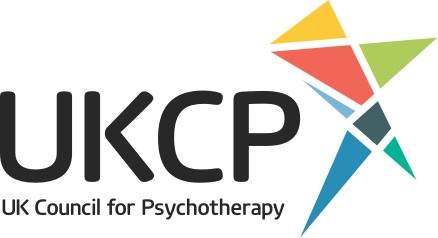Psychotherapy & Counselling
Many people who come to therapy are struggling with difficulties in relationships: not only the relationship with themselves, but also their relationship with their partners, or the absence of partners.
Psychotherapy
Many people who come to therapy are struggling with difficulties in relationships: not only the relationship with themselves, but also their relationship with their partners, or the absence of partners.
They come because they feel overwhelmed, finding that their current ways of coping are no longer working. Maybe they are suffering from the aftermath of trauma, in one or more of its many guises; or maybe they feel bereaved, not only through the loss of a loved one, but also through a loss of identity which may come about at key turning points in life. This can happen, for example, with redundancy or retirement, or when home has become strangely silent. Sometimes the loss may be about a falling away of purpose in life.
Thus people may also come when they are not sure what has gone wrong, why life simply feels drained of vibrancy and meaning, when the way forward feels foggy or even impenetrable. They come for deeply troubling reasons but do not have the words to describe the trouble they are in. It is as if their confidence and self-esteem has ebbed away: they feel out of sorts with themselves.
My approach and the process of change
My therapeutic approach privileges empathy and engagement. Theoretically, I am informed by relational psychoanalytic thinking and draw on the research fields of attachment theory, developmental psychology and contemporary neuroscience. Additionally, in relation to the phenomenon of somatization, I interweave principles and approaches from a somatically based trauma therapy, Somatic Experiencing, into my way of working.
I view psychotherapy as offering a relationship with the intent to alleviate distress and rekindle hope. It invites the person coming for help to be curious about their internal world and to embark on a journey towards increased self-understanding. This process of self-exploration includes bringing into awareness how particular patterns of relating, repeated from childhood, may in adulthood hinder the ability to form healthy relationships and to lead a fulfilling life. Making sense of these patterns and working through past difficulties, can lead to an awakening sense of choice and increased capacity to effect lasting change.
Thus, I aspire to help the person move from a position of self-doubt or insecurity, to one where they feel more in control of life. People often experience this through a growing sense of healthy independence, of trust and confidence in being able to love and to be loved; of being able to find their own truth and to lead a life of their own choosing.
Working with Trauma
“Helplessness and isolation are the core experiences of psychological trauma. Empowerment and reconnection are the core experiences of recovery”.
(Herman, Trauma and Recovery)
The concept of trauma is broad and offers many different meanings.
For example, trauma is commonly thought of in the context of an acute event such as a road accident or a personal assault which has overwhelmed the victim’s ability to cope. A person can also be traumatised witnessing a distressing event, especially when powerless to prevent it.
Besides being a one-off event, trauma can also be chronic, occurring over a long period of time such as in childhood in the context of relationships. The occurrence of childhood trauma through active, repetitive abuse can leave psychic scars that influence a person’s ability to function throughout life. Whilst such experiences can be readily understood as traumatic, sometimes the situation in which a child grows up can appear non-dramatic so people struggle to count their experiences as traumatic, wondering all the while why emotionally they feel so deeply unsettled. This type of trauma can give rise to feelings of longing, of emptiness, and of something’s wrong but with no way of making sense of these feelings.
Also common is the experience of disempowerment and disconnection from others. Recovery is thus based upon the restoration of power and the creation of new connections. In this regard, it is widely recognised that: “recovery can take place only within the context of relationships; it cannot occur in isolation”. (Herman, Trauma and Recovery)
Whatever the nature of the trauma, psychotherapy offers the presence of a reliable other who will listen and respond, who will be there to talk about what has happened and to offer a realistic way of understanding the situation. In essence, psychotherapy is a deep practice which offers the possibility of a healing relationship, developed over time through trust and mutual respect.
Counselling
Counselling is shorter term work as it tends to focus on a more immediate problem, for example, a particular relationship difficulty, how best to resolve a conflict or make an important decision. I would seek to help you to talk about your situation, to clarify your feelings and to identify improved ways of coping. Often the chance to talk to somebody who is independent from your social circle and who can offer a different perspective, is very helpful in determining the best way forward.
Contact me by email

